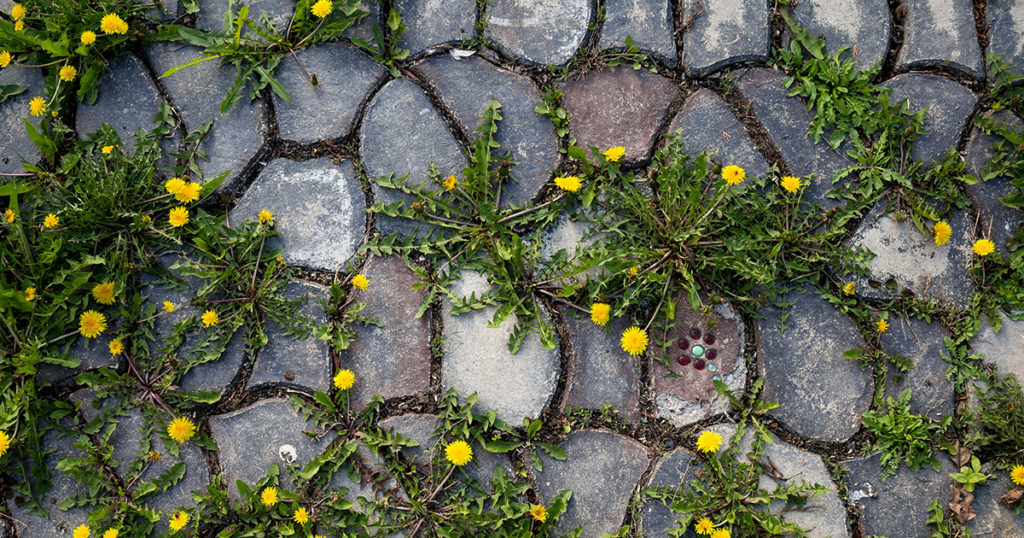In reflecting on recent events around the world and the incidence of trauma, I was once again considering the challenges we face with respect to our own assumptions. As Dr. Steven Hayes reminds us, “We live inside of assumptions of safety, coherence, control, progress and fairness; and we build stories about the way life is supposed to be.” Feeling good is upheld as a goal of living, and a good and meaningful life is an orderly life – one with positive feelings, one that is proper, balanced, and rational.
The world should be orderly.
The problem is, life has never been orderly. Not in the world of nature, war, or everyday experience. Mount Vesuvius erupted in 79 AD, wiping out two cities and leaving behind death and destruction. The fear and experiences of those who encountered this natural disaster can only be imagined. Earthquakes, hurricanes, tornados, man-made disasters, sexual abuse, rape, war, accidents, terrorism: trauma.
The world has never been orderly out there, in the world around us. And it has never been orderly in here, in the world inside the skin. We have fear, pain, sadness, unpleasant memories, thoughts and sensations. We have our own personal, internally-felt and remembered volcanoes, tornados, and disasters.
It is hard to make sense of these. Yet, we try. At times, we desperately seek explanations for our internal experience, asking “Why me?” or “What did I do to deserve this?” and “Why do I continue to feel sad, angry, anxious?” We look to find ways to put order to the disorderly, to remove what we don’t want or like. This is often in the service of leaving disorderly and traumatic experiences behind. We chase the good life – the one with good feelings, good thoughts, and good memories. The one where we encounter fairness, safety, control.
It is here that we suffer.
We strive to organize our difficult emotional life and remembered experiences in such a fashion that they are no longer a part of who we are. We work to escape or avoid whole sets of internal experiences, whole pieces of ourselves need to be gone. Life becomes about not remembering and not feeling. Life becomes about the trauma.
See also: Post-Traumatic Forgiveness in Action
The kind of orderliness we seek will never be achieved. Life is not orderly now and it never has been nor will be. We will meet the full range of human experience outside and inside the skin. We live in a disorderly world that, unfortunately, isn’t fair, coherent, or safe. Our wholeness, however, does not depend on order. We are whole with the full range of experiencing. Our acceptability is not based on our capacity to dissect our inner world.
We start as human. We feel, think, and sense. This is what it means to be alive. This is not to say that we should invite trauma. We certainly don’t, and I wish it upon no one. But how do we show up to life after uninvited trauma? My hope is that we will have compassion for our own and others’ experiences. That we will open up to the pain, not requiring ourselves or others to be something else, to be good. Rather, meeting these painful experiences with kindness and love in the gentle movement forward in this short, precious, and disorderly life.
Join Dr. Walser for Healing Trauma with ACT, an online course where you can learn to help loosen trauma’s grip by building clients’ psychological flexibility, and promote resilience, engagement, and positive change among trauma survivors.
Click here to find out more and enroll in Healing Trauma with ACT
